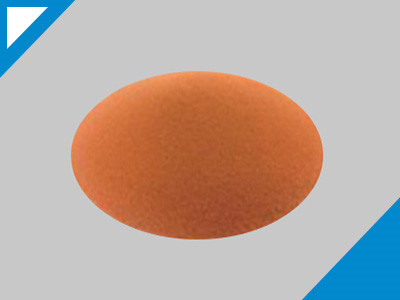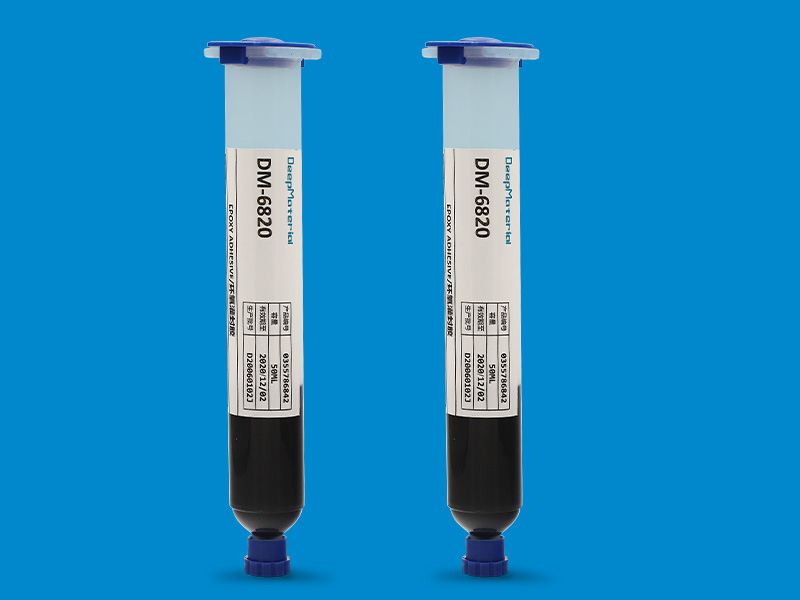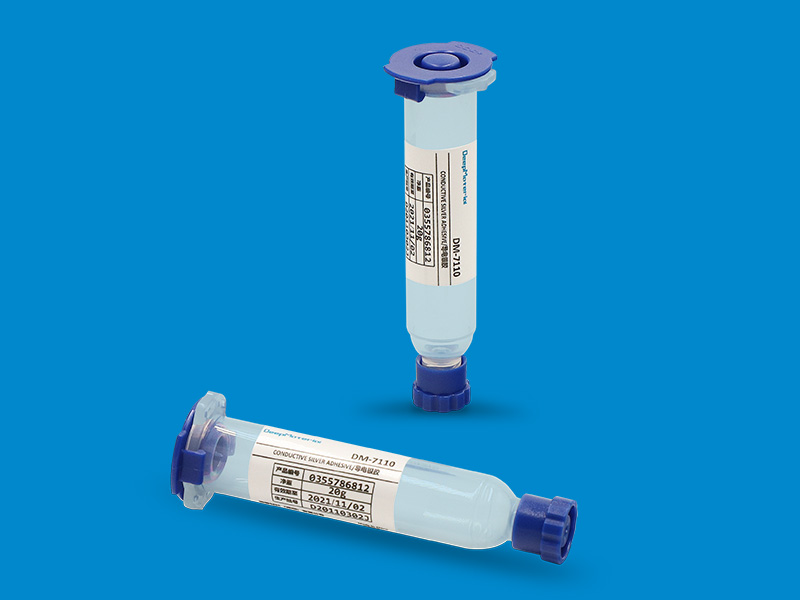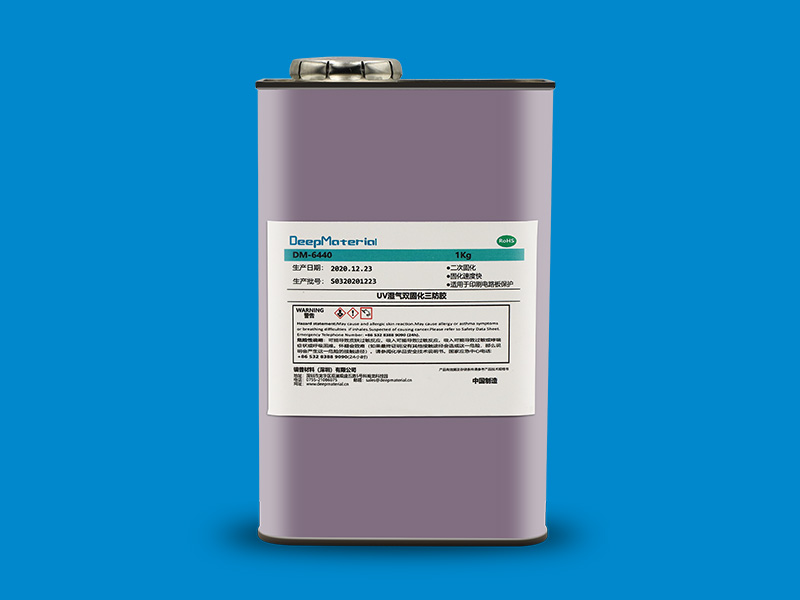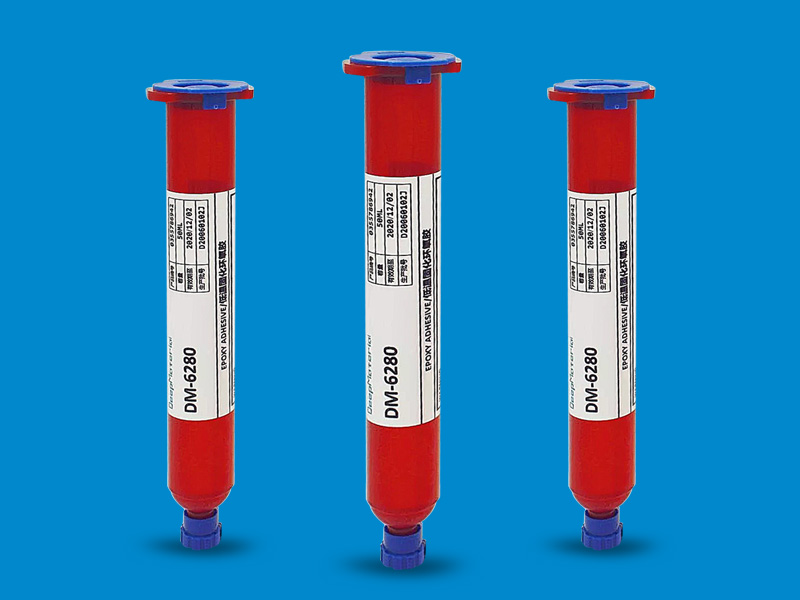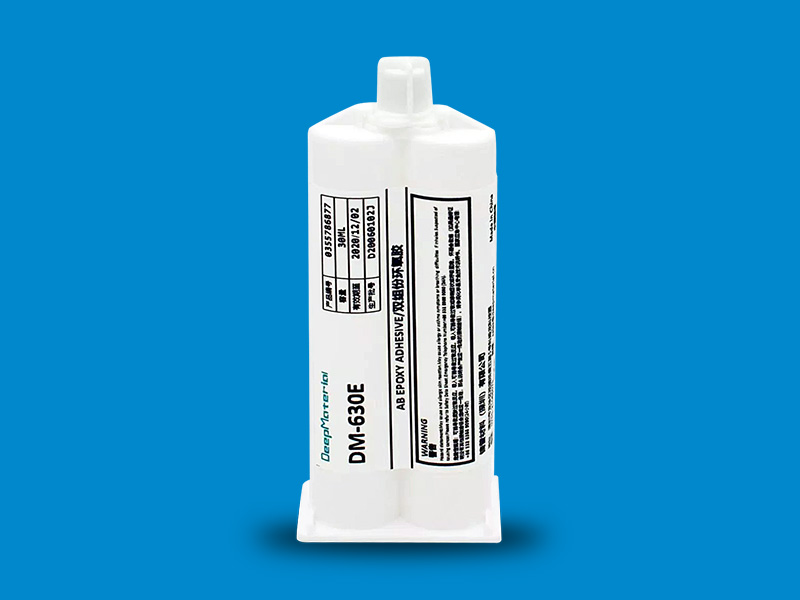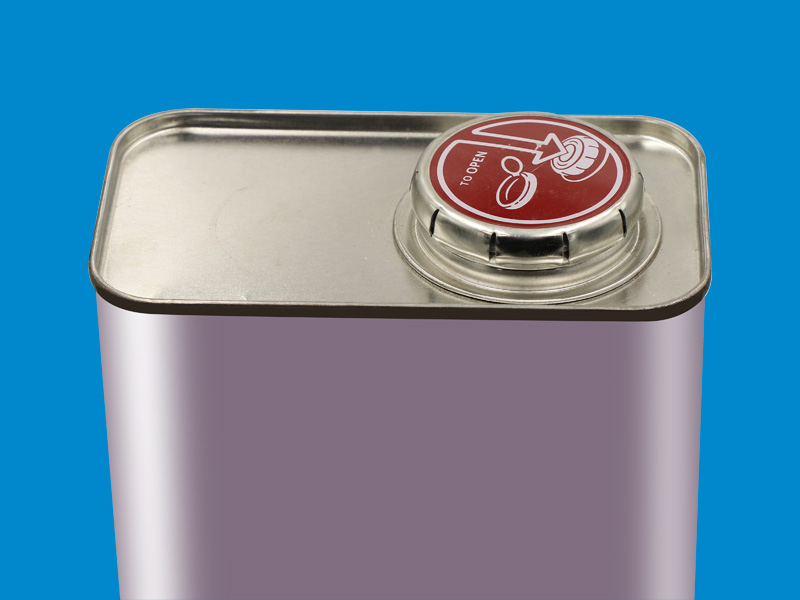Best Adhesives for Electronics: A Comprehensive Guide
Best Adhesives for Electronics: A Comprehensive Guide
In electronics, ensuring that components stay securely in place is as crucial as ensuring the proper functioning of the circuits themselves. The suitable adhesive holds parts together and can provide additional benefits such as electrical insulation, thermal management, and protection against environmental factors. With the myriad of options available, selecting the best adhesive for a specific electronic application can be a daunting task. This comprehensive guide aims to navigate the complexities and present the best adhesives for various electronic needs.
Understanding the Requirements
Before delving into specific adhesive types, it’s essential to understand the unique requirements of electronic adhesives:
- Electrical Insulation: Many electronic components require electrical isolation to prevent short circuits.
- Thermal Conductivity: Effective heat dissipation is critical in many applications, necessitating adhesives with good thermal conductivity.
- Mechanical Strength: Adhesives must offer strong bonding to withstand mechanical stresses and vibrations.
- Chemical Resistance: Electronic devices’ longevity depends on their resistance to chemicals, moisture, and other environmental factors.
- Application Method: The application method (e.g., dispensing, curing time) must align with manufacturing processes.
Types of Adhesives for Electronics
- Epoxy Adhesives
- Silicone Adhesives
- Acrylic Adhesives
- Polyurethane Adhesives
- Cyanoacrylate Adhesives
- Epoxy Adhesives

Properties and Benefits:
Best adhesives are known for their excellent mechanical strength, chemical resistance, and durability. They provide strong adhesion to a variety of substrates, including metals, plastics, and ceramics. Epoxies also offer good electrical insulation and can be formulated for thermal conductivity.
Applications:
- PCB Potting and Encapsulation: Epoxies protect delicate components from environmental damage.
- Structural Bonding: Used for bonding components that undergo mechanical stress.
- Thermal Management: Epoxies with thermally conductive fillers help in heat dissipation.
Popular Products:
- 3M Scotch-Weld Epoxy Adhesive DP420: Known for high shear and peel strength.
- Henkel Loctite EA 9460: Offers high impact resistance and excellent adhesion to metals and plastics.
Silicone Adhesives
Properties and Benefits: Silicone adhesives are highly flexible and can withstand extreme temperatures, making them ideal for applications involving thermal cycling. They provide good electrical insulation and moisture resistance.
Applications:
- Sealing and Gasketing: Commonly used in sealing enclosures to protect against moisture.
- Thermal Management: High-temperature stability makes them suitable for bonding heat sinks.
- Component Mounting: Flexible bonding for delicate components.
Popular Products:
- Dow Corning 3145 RTV: Excellent adhesion and weatherability.
- Momentive RTV162: Fast-curing and high strength, suitable for a variety of substrates.
Acrylic Adhesives
Properties and Benefits: Acrylic adhesives cure quickly and provide strong bonds with good environmental resistance. They offer a balance between flexibility and rigidity and are often used where quick assembly is required.
Applications:
- Component Mounting: Fast curing is ideal for high-throughput manufacturing processes.
- Bonding Dissimilar Materials: Effective on a range of substrates, including metals, plastics, and composites.
- Surface Mount Devices (SMD): Used to secure components during soldering.
Popular Products:
- 3M Scotch-Weld Structural Adhesive DP810: Fast-curing with high shear and peel strength.
- Permabond TA4590: Excellent adhesion to a variety of plastics and metals.
Polyurethane Adhesives
Properties and Benefits: Polyurethane adhesives are known for their elasticity and toughness. They offer good resistance to impact and vibration and are often used in applications requiring flexibility.
Applications:
- Potting and Encapsulation: Protects components from moisture and mechanical damage.
- Shock Absorption: Ideal for applications subject to vibration and impact.
- Flexible Bonding: Suitable for bonding materials that experience differential expansion and contraction.
Popular Products:
- Henkel Loctite U-05FL: High flexibility and excellent adhesion to plastics.
- 3M Scotch-Weld Urethane Adhesive DP605NS: Non-sagging with good impact resistance.
Cyanoacrylate Adhesives
Properties and Benefits: Cyanoacrylate adhesives, also known as superglues, provide rapid bonding with excellent adhesion to various materials. They are easy to use and cure quickly at room temperature.
Applications:
- Temporary Fixes: Ideal for quick repairs and assembly.
- Small Component Bonding: Used for attaching small parts where precision is critical.
- Bonding Plastics and Rubbers: Effective on various substrates with minimal surface preparation.
Popular Products:
- Loctite Super Glue Ultra Gel Control: Provides a strong, flexible bond with impact resistance.
- 3M Scotch-Weld Instant Adhesive CA40H: High-strength bonding for metals and plastics.
Specialized Adhesives for Electronics
In addition to the general categories, there are specialized adhesives tailored for specific electronic applications:
- Electrically Conductive Adhesives: These adhesives contain conductive fillers like silver, nickel, or carbon, making them suitable for creating electrical connections without soldering.
- Thermally Conductive Adhesives: Formulated with thermal conductive fillers, these adhesives are used to bond heat sinks and other components that require efficient heat dissipation.
- UV-Curable Adhesives: These adhesives cure rapidly when exposed to UV light, making them ideal for high-speed manufacturing processes.
Electrically Conductive Adhesives:
- Henkel Loctite Ablestik 3888: Provides excellent electrical conductivity and strong adhesion.
- MG Chemicals 8331S: Silver-filled and suitable for PCB repair and prototyping.
Thermally Conductive Adhesives:
- Arctic Silver Thermal Adhesive: Widely used for bonding heat sinks to processors and other heat-generating components.
- Electrolube TCER: Offers high thermal conductivity and good adhesion to a variety of substrates.
UV-Curable Adhesives:
- Dymax 9-20557: Fast curing with excellent adhesion to glass and plastics.
- Permabond UV620: High strength and flexibility, suitable for bonding dissimilar materials.
Application Considerations
When selecting an adhesive for electronic applications, consider the following factors:
- Substrate Compatibility: Ensure the adhesive is compatible with the materials being bonded.
- Curing Process: Consider the curing time and method (room temperature, heat, UV light) used in the production process.
- Environmental Conditions: Evaluate the adhesive’s resistance to temperature extremes, humidity, and chemicals.
- Mechanical Requirements: Determine the required strength, flexibility, and impact resistance.
- Regulatory Compliance: Ensure the adhesive complies with industry standards and regulations, such as RoHS and REACH.
Tips for Effective Adhesive Use
- Surface Preparation: Clean surfaces thoroughly to remove oils, dust, and other contaminants.
- Proper Application: Follow the manufacturer’s guidelines for application methods and quantities.
- Adequate Curing: Ensure sufficient curing time and conditions to achieve optimal bond strength.
- Testing and Validation: Conduct tests to validate the adhesive performance under actual operating conditions.

Conclusion
Selecting the best adhesive for electronics involves understanding the specific requirements of the application and the properties of various adhesive types. Epoxy, silicone, acrylic, polyurethane, and cyanoacrylate adhesives each offer unique benefits and are suited for different applications. Additionally, specialized adhesives like electrically conductive, thermally conductive, and UV-curable adhesives provide tailored solutions for more specific needs.
By carefully considering factors such as substrate compatibility, curing process, environmental conditions, mechanical requirements, and regulatory compliance, one can ensure the reliability and longevity of electronic assemblies. The suitable adhesive not only holds components together but also enhances the overall performance and durability of electronic devices. With advancements in adhesive technology, the options continue to expand, offering innovative solutions for the ever-evolving electronics industry.
For more about the best adhesives for electronics: a comprehensive guide, you can pay a visit to DeepMaterial at https://www.electronicadhesive.com/ for more info.



